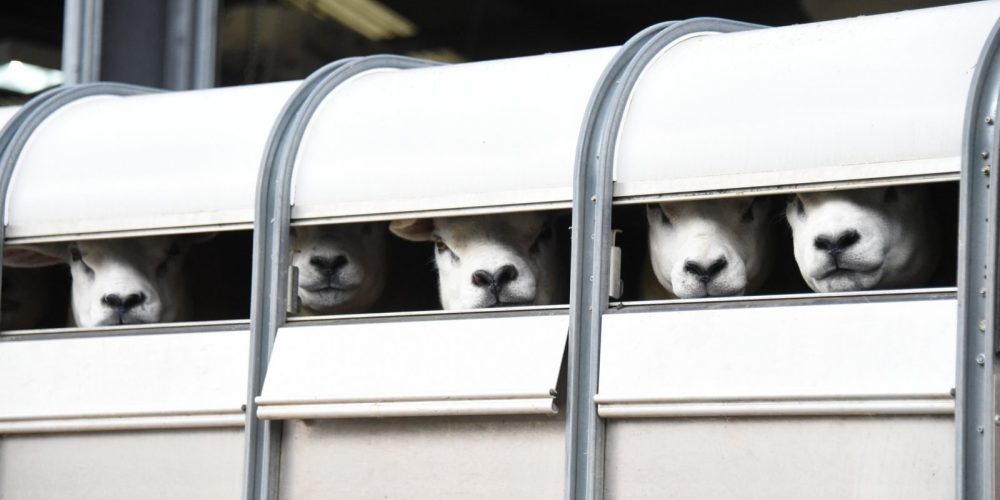
NSA urges sheep farmers to do all they can to avoid buying in more than bargained for
29th August 2023
With the breeding sheep sales season in full swing, the National Sheep Association (NSA) is encouraging sheep farmers to do what they can to reduce risks of disease transmission when buying in replacement stock.
NSA Chief Executive Phil Stocker says: “I have lost count of the number of farmers who I have spoken to that have unsuspectedly bought in diseases to their flocks when purchasing replacements. Having experienced the serious consequences of this these farmers are urging NSA to do more to highlight the risk to others and encourage more responsible and trustworthy trade.”
Awareness of some risks of bought in stock such as foot disease and anthelmintic resistance of certain parasites is well known with plentiful advice available on methods to reduce these risks such as effective quarantine procedures. But whilst those risks are widely considered, the risk of introducing iceberg diseases such as MV, OPA, and Border Disease are frequently still ignored by many. These and other diseases can cause serious and expensive problems.
Mr Stocker continues: “This is all about reducing the risks rather than any guarantees of ‘disease free’ status. It will surely be a matter of time before more suppliers of breeding stock are providing some indication of the disease status of the stock they are selling.”
The sector will see more rapid progress if buyers begin to ask more questions, and then back these up with reasonable quarantine procedures when stock arrives home following purchase. NSA is recommending further steps be taken when sourcing breeding stock this year.
To buy from the same trusted farms repeatedly is a good place to start, if there is confidence that previous stock has been trouble free and has held body condition well. If the seller isn’t part of a health scheme or has not done any screening, then it is advisable for the purchaser to do random blood tests when the sheep arrive home and whilst still in isolation. Buying ewe lambs and running them on in isolation also gives breathing space to identify problems before mixing with the main flock.
Mr Stocker concludes: “Considering the risks and taking a few reasonable steps to protect the home flock, and your investment, is a good place to start, and quarantining and testing both females and males is advisable.
“I realise some breeding sheep producers might find these comments challenging, but I can definitely foresee a time when it becomes the norm to give some indication of health status. I also realise how hard it is as a producer of breeding stock to test and receive some unwelcome results -this can be costly and damage reputations, but taking responsible action is surely better to protect reputations and business in the longer term. For buyers and sellers, this is without doubt an area where a good conversation with your sheep vet can pay dividends – we have established health monitoring schemes such as those run by the Premium Sheep and Goat Health Scheme, and now we have support schemes such as the Animal Health and Welfare Pathway in England, and similar approaches in devolved nations, that can help to cover some of the costs of those farmer/vet conversations.”
Farmers wishing to investigate flock health status are advised to speak with their vet and to use diagnostic testing services such as those provided by SRUC, Axiom, or APHA. The SCOPS guide to effective quarantine and treatment is also available to download to provide advice on ensuring correct precautions are taken on parasites for incoming stock.

